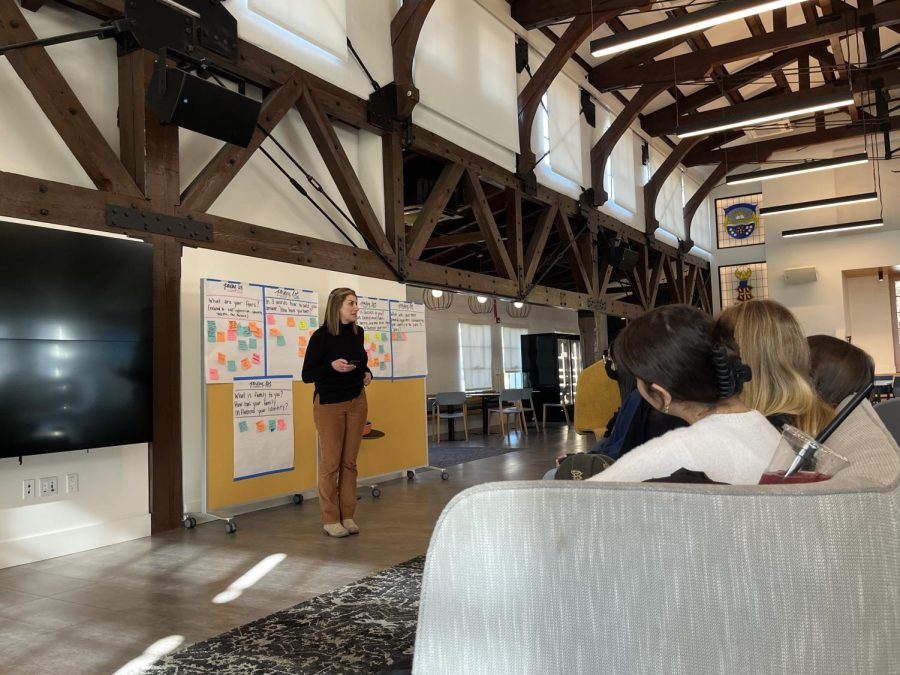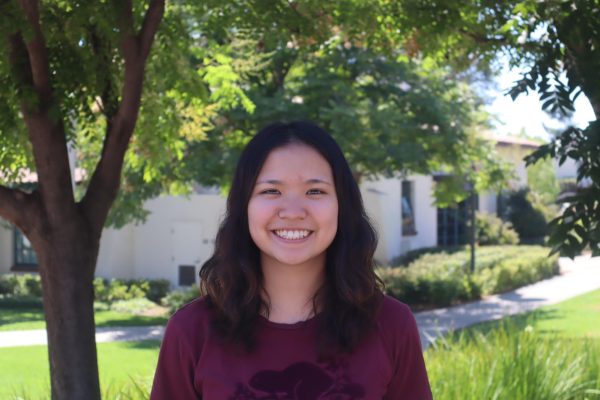Being a teacher at Webb is demanding. Apart from grading assignments and managing fast-paced curriculums, they also take on additional responsibilities such as monitoring the dorms in the evening, working on weekends, and other leadership roles. Teachers work hard to ensure that Webb students are receiving a strong, well-rounded education.
“At Webb, we think of our faculty as experts…and so we want to give them enough time to develop and hone their craft,” said Associate Head of Schools, Dr. Theresa Smith.
A sabbatical leave is an extended break traditionally given by companies to its employers after a certain about of time. Sabbatical leaves are different for every person; some use it to pursue a passion project, to travel, or even simply to spend time with their loved ones and recharge.
Sabbaticals are proven to bring better well-being, less stress, and a more productive workplace. Here at Webb, the opportunity for sabbatical leave is offered to full-time faculty and administrators who have worked here for ten consecutive years.
After the first sabbatical leave, faculty are allowed to take it once every seven years. There are two options for sabbatical leave: Taking a full semester off or continuing to work through the school year doing half of the regular Webb responsibilities.
Generally, teachers pursue research related to their field of study, work on projects, or travel. The sabbatical is not only beneficial for the teachers, but also to the Webb community, as the attributes, skills, or projects developed during sabbatical impact the curriculum and learning at Webb.
The Webb Schools Employee Handbook states, “As such, sabbaticals are a major part of the professional growth program and the school elects to embrace a broad definition of mutually beneficial.” Many teachers who have gone on or are planning to go on sabbatical agree with this sentiment.
“I think long chunks of uninterrupted free time provides opportunities creatively,” said Dr. Wendy Maxon, humanities department faculty about to head into sabbatical leave as semester one draws into a close. “If I get to do creative stuff, that’s wonderful. I bring everything I do, every program I do back to the classes because I’m excited about it and I want other students to be excited about it too.,”
Dr. Andrew Farke, Director of Research and Collections, took sabbatical leave in the fall semester of 2018 to go on a road trip with the goal of finding more possible field trip locations for Webb paleontology students.
“In terms of the museum and the school, being able to start that project has had big benefits in the years, since that, I have so many new things to do with students,” Dr. Farke said. “I wouldn’t have been able to get all that started without the space of sabbatical.”
Although sabbaticals are beneficial, they also pose minor complications for the teachers themselves, their respective departments, and students. Events such as moving in, the first few days of school, and days that lead up to commencement are very meaningful to students, and they lose the chance to connect with teachers and miss these key moments. In addition, the absence of teachers could impact their department, advisory, afternoon activity, the dorm culture if they are an on-duty faculty, and their ability to teach year-long classes.
“I think the two big tricky things are not being able to teach ninth graders,” Dr. Maxon said. “That’s a bummer because not only do I like teaching the courses but also getting to know the ninth graders. The other thing is missing the second half of senior year, which to me is a sad thing.” Despite the challenges, sabbatical leave not only ensures teachers take care of their wellbeing and pursue other interests, but also provide a higher quality education for students through building passion, further research, and exploring other possible opportunities.
“Sabbatical is designed to give faculty and administrators an opportunity to head out into the world, have a little space away from the day to day, and be able to explore something they are excited about,” Dr. Smith said.







![Many Webb students spend their free time in the library watching a popular TV show like Riverdale and Euphoria. “Based off what I’ve seen, like in Euphoria, because the actors are older, they don't showcase an actual high school life properly,” Sochika Ndibe (‘26) said. “Since [the actors] are older [and] playing a teenager, from a girl’s perspective, it is going to make you think you should look more developed at a young age.” The actor, who plays Veronica Lodge, was 22 years old at the time of filming.](https://webbcanyonchronicle.com/wp-content/uploads/2025/03/Antecol-Media-affects-how-society-functions-graphic-1200x900.png)

